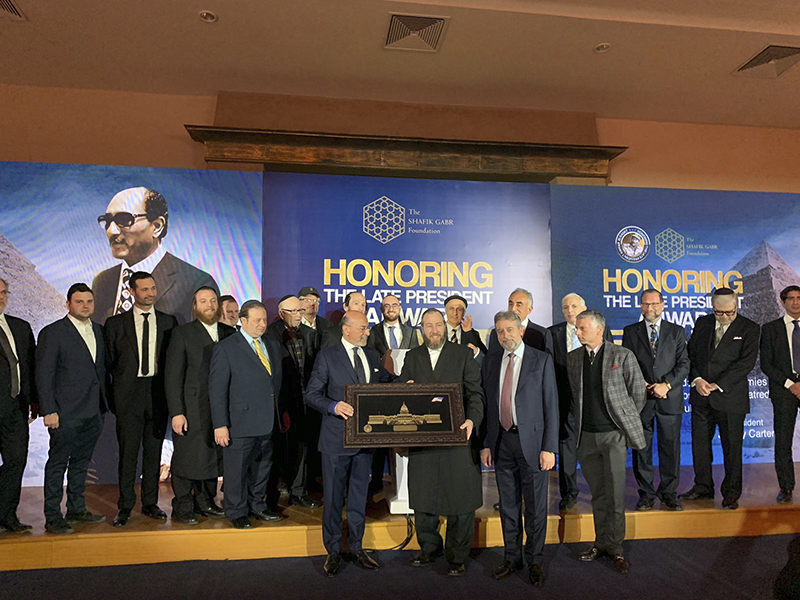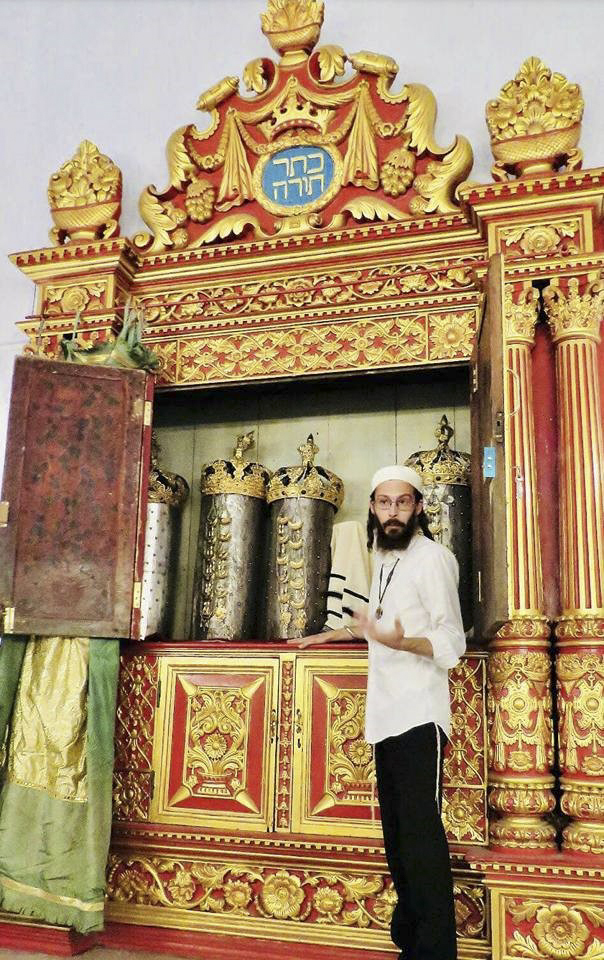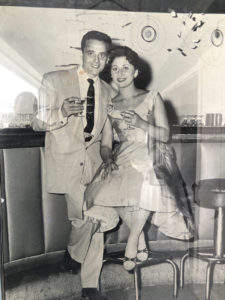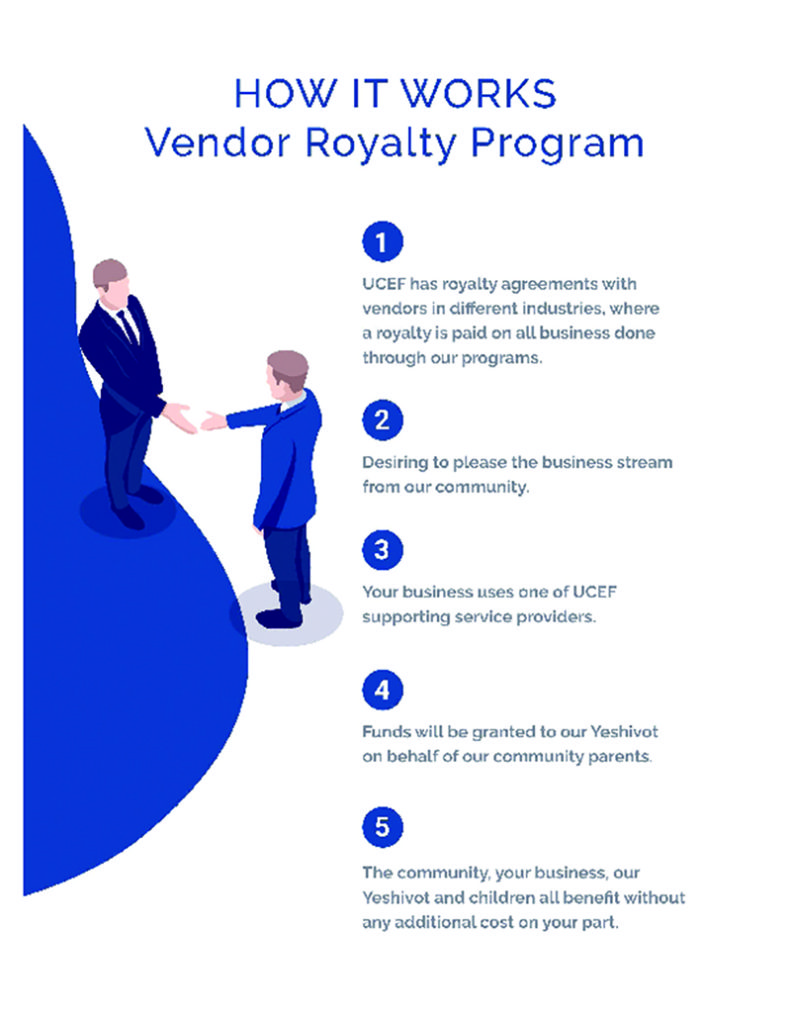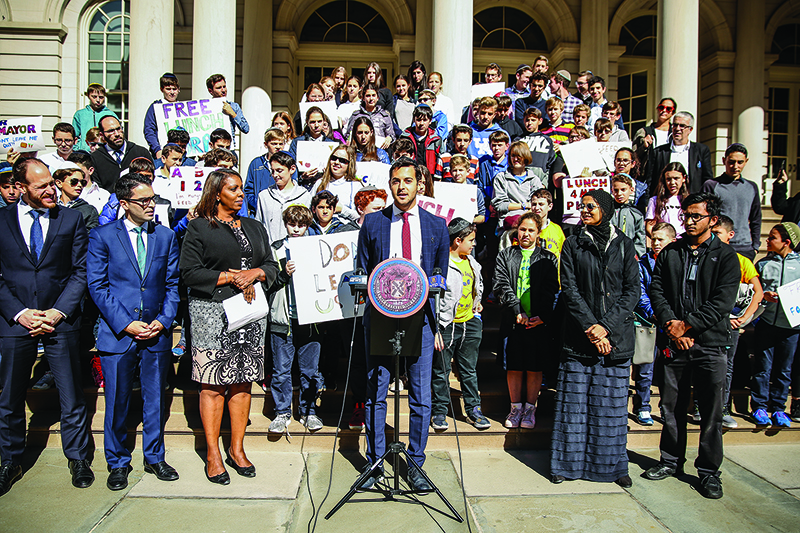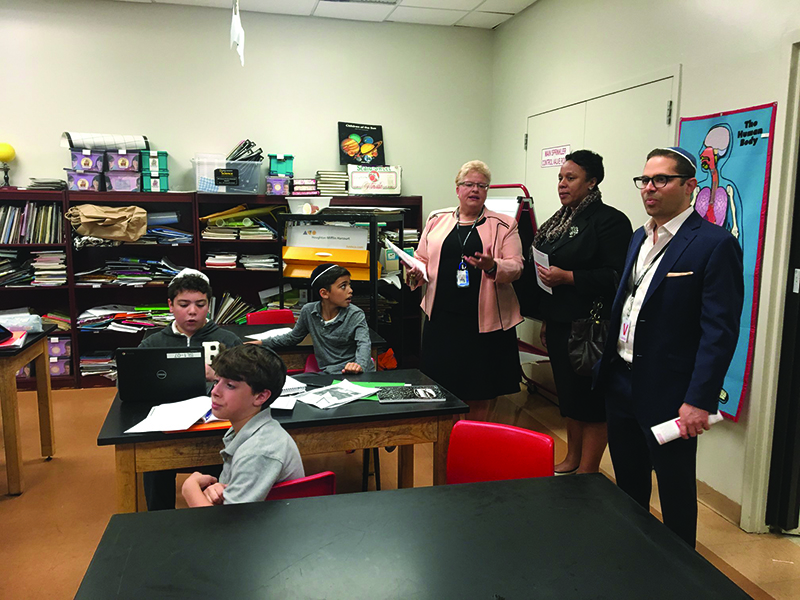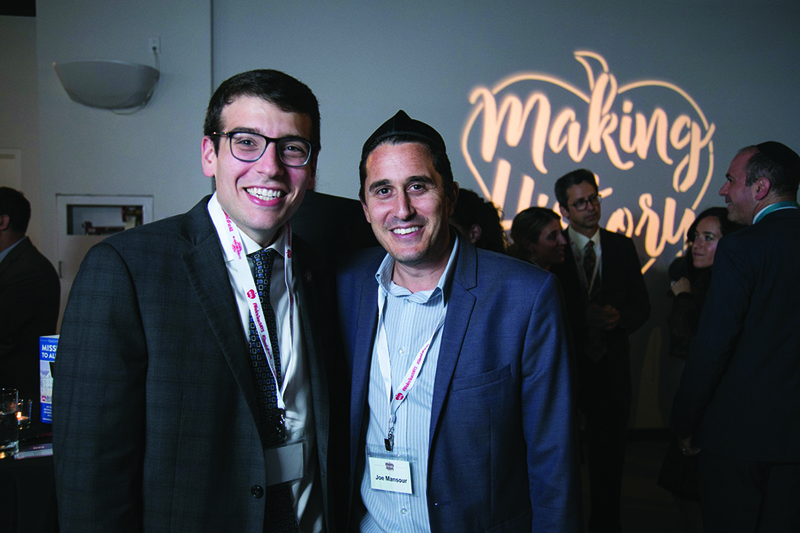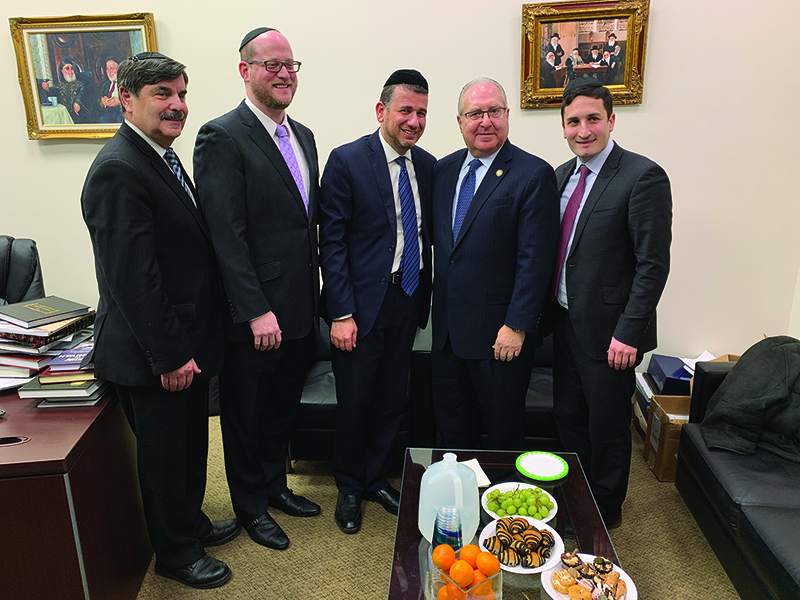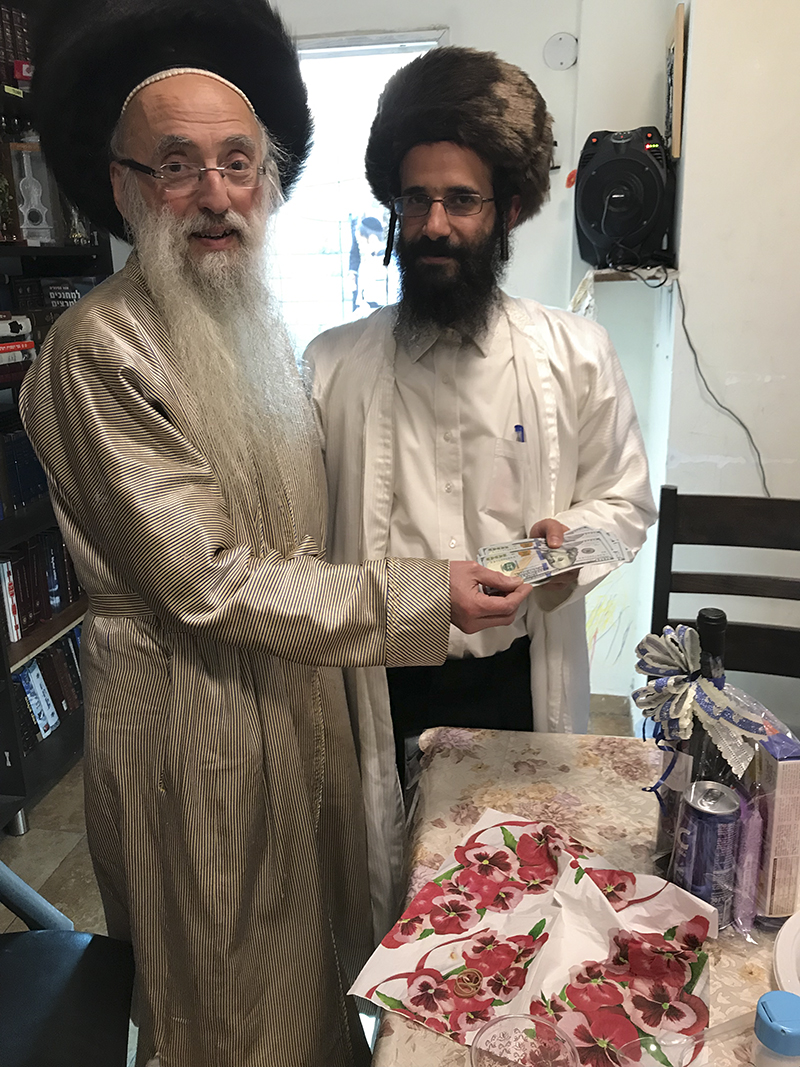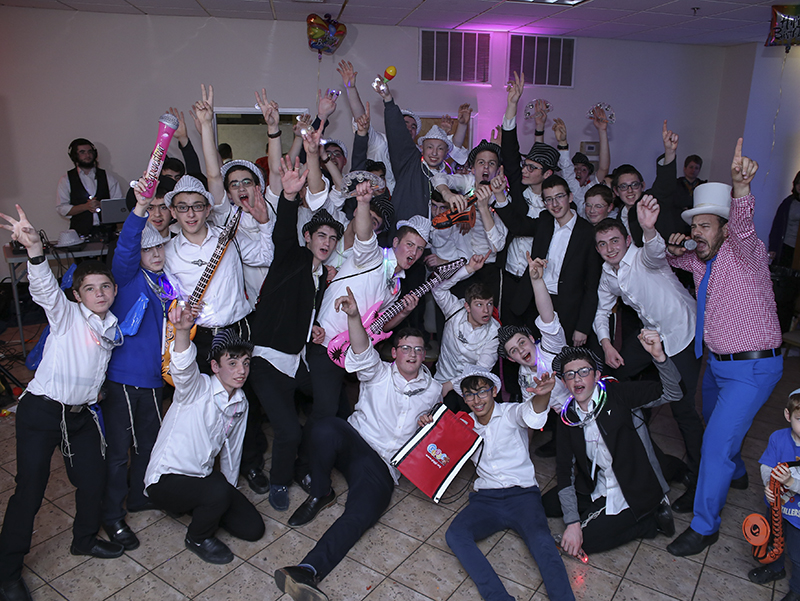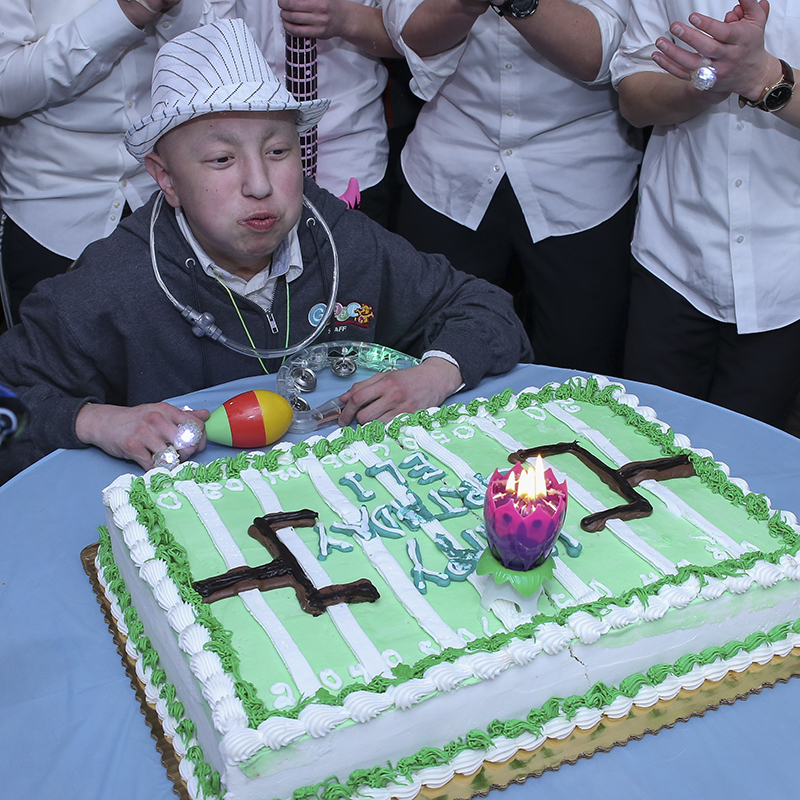Former Egytian President Anwar Sadat Will Be Awarded The US Congressional Medal
Approximately, three years ago, an eclectic group of twenty-five Jewish- Americans formed the Anwar Sadat Congressional Gold Medal Commission, to lobby Congress to select and award the late President of Egypt Anwar El Sadat, the highest civilian award of the United States of America. The award is considered the utmost expression of national appreciation for distinguished achievements and contributions to humanity. A US Congressional Gold Medal is designed by the United States Mint to specifically commemorate the person and achievement for which the medal is awarded.
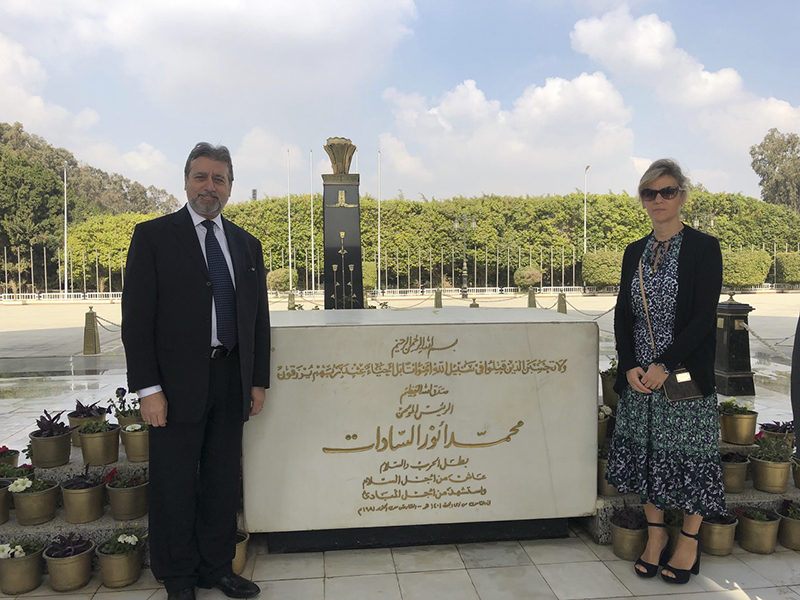
For a US Congressional Gold Medal legislation initiative, the co-sponsorships of 69 senators and 291 members of the House of Representatives is required. The process took almost three years of perseverance and lobbying by Ezra Friedlander Group, as well as Jewish community leaders, including Rabbi Elie Abadie M.D. who invited and urged business leader, Isaac Dabah to join the group. Finally, once all the required US senators and members of the House of Representatives co-sponsored the legislation, the initiative was put to a vote in the chambers. The legislation passed unanimously and President Donald J. Trump signed it into law this past December (2018).
The first US Congressional Gold Medal was awarded to General and President George Washington in 1776. Throughout the years, included among the foreign recipients are Sir Winston Churchill, Raoul Wallenberg, Elie Wiesel, Mother Theresa, Natan Sharansky, Pope John Paul II, British Prime Minister Tony Blair, Israeli President Shimon Peres and now the late Egyptian President Anwar El Sadat
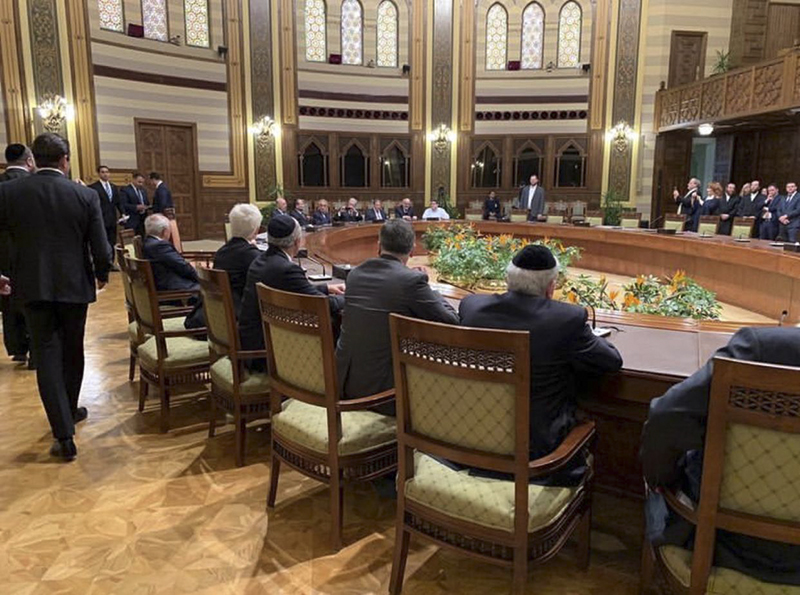
On November 19, 1977, Sadat became the first Arab leader to visit Israel officially when he met with Israeli Prime Minister Menahem Begin, and spoke before the Knesset in Jerusalem about how to achieve a comprehensive peace to the Arab-Israeli conflict. The Peace treaty was finally signed by Anwar Sadat and Israeli Prime Minister Menahem Begin in Washington, D.C., United States, on 26 March 1979, following the Camp David Accords. Both Sadat and Begin were awarded the Nobel Peace Prize for creating the treaty. On October 6, 1981 during a military parade, Anwar El-Sadat was assassinated by a Palestinian terrorist commando, as revenge for having signed peace with Israel
The Commission was invited by the Embassy of Egypt in Washington, to visit Cairo and personally invite President of Egypt Abdel Fattah al Sisi and Mrs. Jehan Sadat, the wife of the late President Anwar el-Sadat, to travel to the US to receive the Congressional Gold Medal. The US Congress will schedule the Award Ceremony for later this year
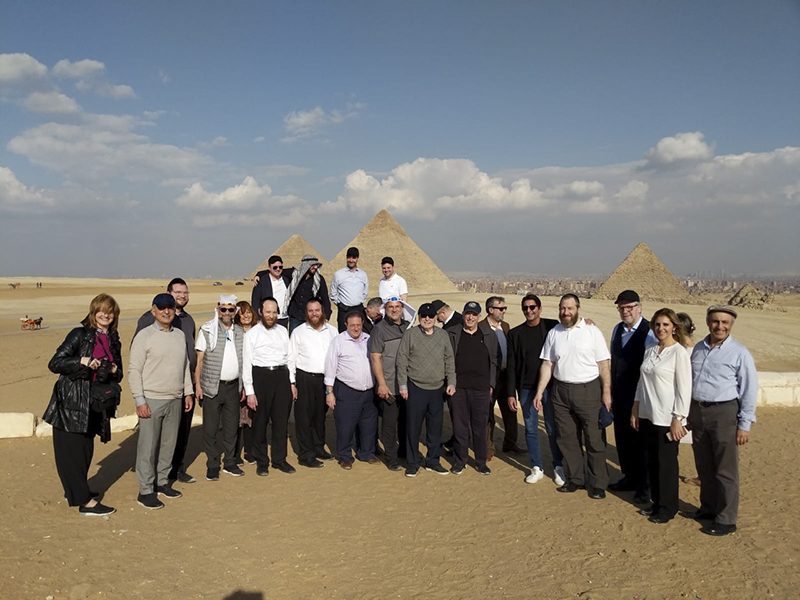
Official Rabbinic Leader of the Commission, Rabbi Elie Abadie, M.D., Rabbi of the Manhattan East Synagogue, Founder of the Sephardic Academy of Manhattan, President of Justice for Jews from Arab Countries (JJAC), and former Rabbi of the Edmond J. Safra Synagogue in New York City, who—in perfect Arabic—explained to President el-Sisi, why the late President Sadat was a worthy recipient of the medal. This is what he said: “President Sadat, who embodied the values of courage, determination and moral fortitude, and paid the highest price for it—his life—inspired many by his actions and his moral clarity. He had, the merit, together with the late Prime Minister Menahem Begin, to bring two peoples and two nations together, who were at war and sworn enemies for decades, into a peaceful coexistence as neighbors and friends. He was the role model for others and the inspiration of many.
Rabbi Abadie also stated that President el-Sisi is the proper representative to accept the medal on behalf of President Sadat because of his “…strategic alliance with Israel and your friendship with the Jewish people. We believe that you embody the values of President Sadat, such values of courage, determination and moral fortitude.
The Commission was welcomed at the Cairo airport by representatives of the Foreign Ministry of Egypt and the Office of the President. At all times, the Commission traveled with police escort and protection. They were taken directly to visit the Giza Pyramids and the Sphinx. During their first night in Egypt, the group was hosted at a reception given by Shafik Gabr, the International Chairman of the Commission, where distinguished representatives of the government were invited and the diplomatic corps including US Ambassador Thomas H. Goldberger were present.
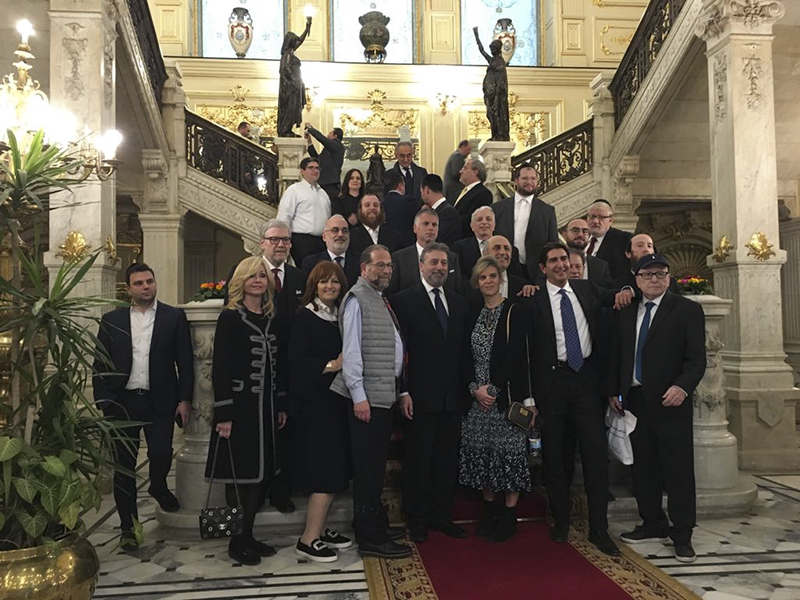
The next day, the group visited the Ben Ezra Synagogue in Cairo, where prayer and recitation of Tehilim were recited for the first time in over 50 years, led by Rabbi Abadie. Later that day, the Commission met privately for over two hours with President el-Sisi, in the Presidential Palace. The Commission urged and encouraged President el-Sisi to continue and strengthen his strategic alliance with Israel, to protect Jewish religious sites including synagogues, cemeteries and community centers. A specific request was made by Commissioner Joseph Doueck, a prominent member of the Egyptian Jewish community in New York, to President el-Sisi. In an impatient plea, he respectfully requested that the Torah Scrolls be taken out of Egypt together with all the records of the community, and to clean the Bassatine cemetery, the second oldest Jewish cemetery in the world, from squatters, garbage and abandonment. Mr. Doueck offered money from the Jewish community to cover the cost. President el-Sisi diplomatically remarked that he will not accept any money and that it is the responsibility of Egypt to provide such services to safeguard Jewish Heritage sites, including synagogues and cemeteries. He also stated unequivocally, that Torah Scrolls are the patrimony of Egypt and its Jewish community and therefore, will not be removed from Egypt. As to the community records, he will gladly provide copies of all requested records, however, the originals will remain in Egypt.
At the end of the meeting, Rabbi Abadie blessed President el-Sisi with the traditional Hanoten Teshua LaMelakhim.
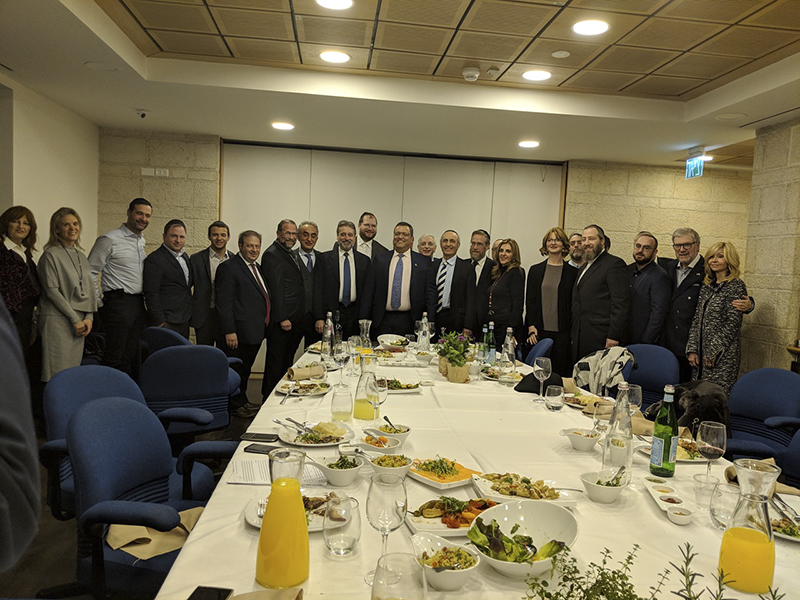
Later in the day, the Commission visited the Abdeen Royal Palace, where the last Egyptian King Farouk lived and governed, before he was deposed by Gamal Abdel Nasser. In a rare moment, the group was given a private tour through the 550-room palace, furnished and adorned with French classical style furniture and décor, in an arabesque milieu.
That afternoon, the Commission cruised the Nile River at dusk, enjoying the beautiful sunset and contemplating how this same river was struck with blood and frogs over 3300 years ago, when Pharaoh refused to allow the Israelites to leave.
Later that evening, Rabbi Abadie and Joseph Doueck met with Magda Haroun, the President of the Jewish Community in Egypt, which numbers only 7 people. Together with her assistant Sammy Ibrahim, they discussed the state of affairs of the Jewish community and its synagogues. It seemed that President el-Sisi was truly making every effort to honor our requests, because Mr. Ibrahim, stated that he received a phone call and was told they began cleaning up the cemetery already! He was also told that he could go the next day to obtain an authorization to build a wall to protect the cemetery from vandals and squatters; a permit that could have taken months to obtain, had been issued in less than 24 hours, under the orders of President el-Sisi.
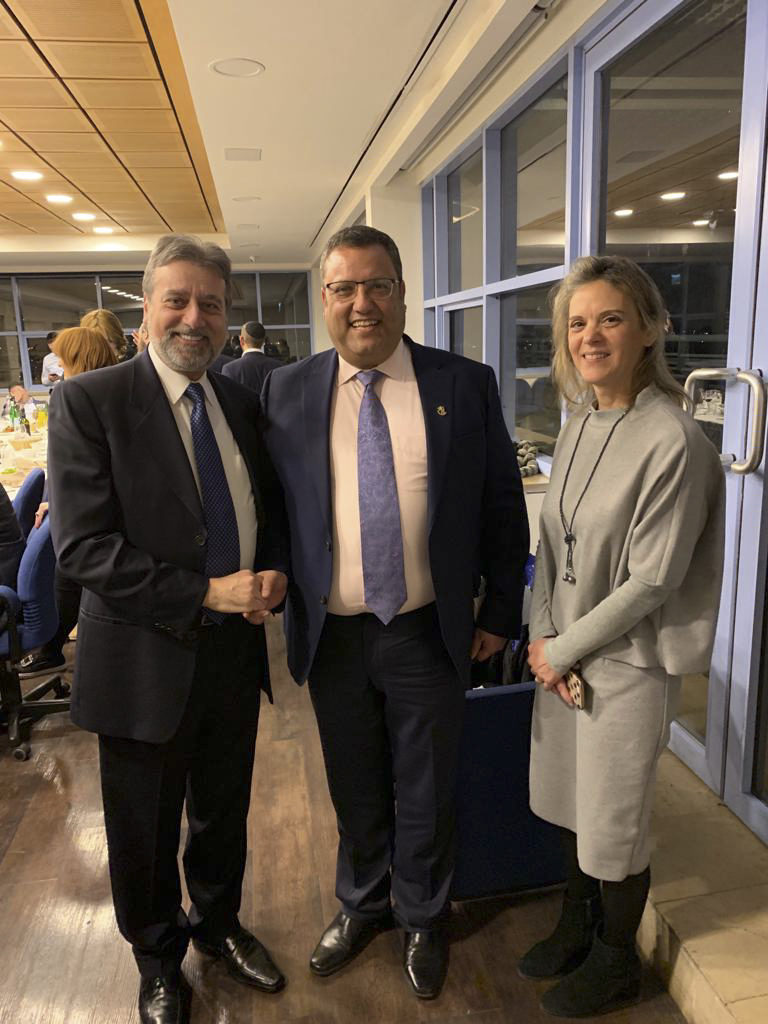
After 48 hours in Egypt, the Commission was accompanied to the airport for a direct flight to Israel. While there, the group visited Rabbi Hayim Kanievsky, for special blessings, and then visited with President of Israel Reuven Rivlin in his Presidential residence. In the afternoon, the Commission was received by Ambassador David Friedman in the new US Embassy in Jerusalem. That evening, the Commission was hosted by Mayor Moshe Lion of Jerusalem at City Hall with an official dinner. All of the dignitaries received a briefing on the US Congressional Gold Medal and on the meeting, with President el-Sisi.
The next morning during their breakfast meeting, the Commission welcomed Deputy Minister of Defense of Israel, Rabbi Eliyahu Dahan who briefed the group on the military strength of the State of Israel and the strategic partnership with Egypt.
With that, the Commission concluded their very successful trip and mission to Egypt and Israel in honor of the late Egyptian President Anwar El Sadat.q

